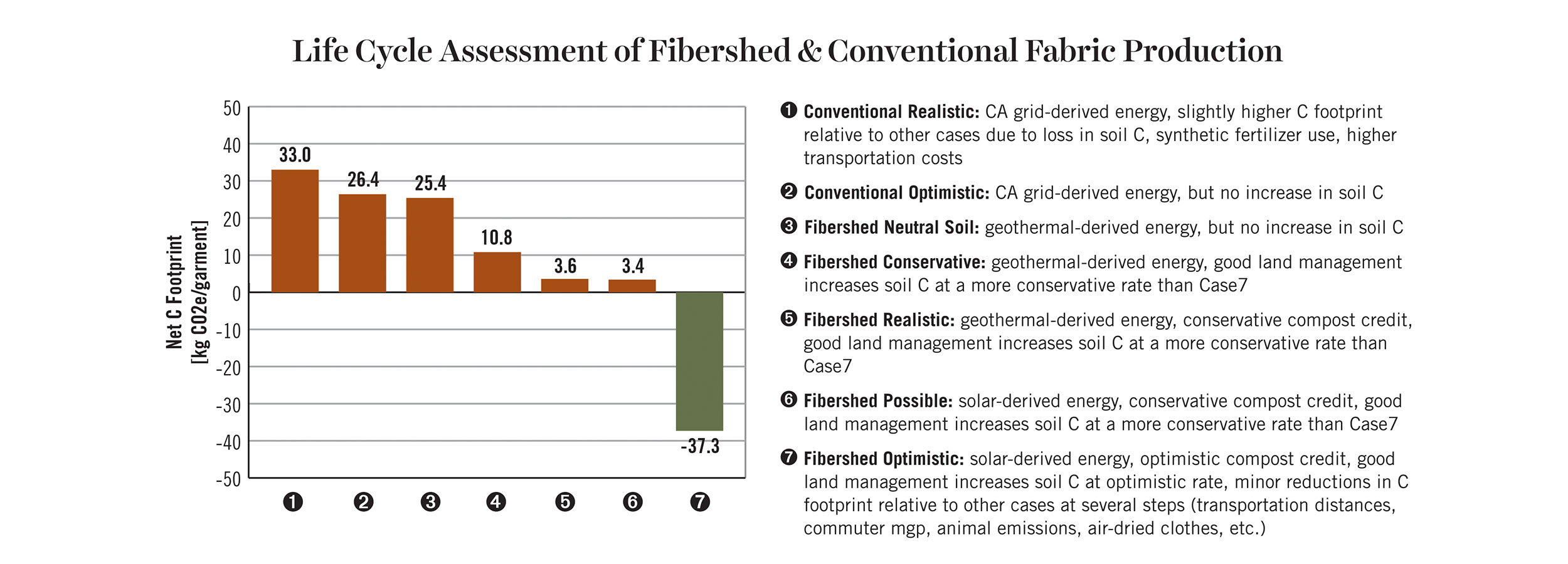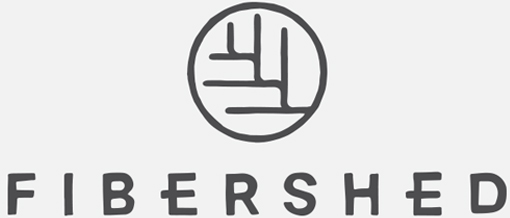Climate Beneficial™ Wool
Wool is a natural performance fiber created by the carbon cycle, from solar energy through photosynthesis, sheep grazing, and the production of protein fibers that are shorn seasonally. In the Northern California Fibershed, foggy coastal regions are home to sheep with coarse wool that is well suited for bedding and durable products. Inland, in drier climates and high desert regions, fine wool is soft yet strong and creates beautiful knitwear and woven fabrics.
Climate Beneficial Wool is verified by Fibershed and sourced from land stewards who are enhancing carbon drawdown through agricultural practices that regenerate soil health.
For 5 years, Fibershed has been piloting US-based supply chains that directly connect brands and designers to farmers and ranchers who raise natural fiber with land stewardship practices that regenerate soil carbon.
Source Climate Beneficial Wool
Climate Beneficial™ Verified (CBV) is a holistic verification system that enables farm-traceable connectivity—creating transparent, regenerative impacts to ecosystems and U.S. farming communities. Building relationships between farmers, brands, researchers, and manufacturers, the Climate Beneficial ™ Verified program is working to cultivate cross-sector learning, knowledge sharing, and pre-competitive collaboration.
The Climate Beneficial™ Fiber Pool (CBFP) is a partnership between Fibershed, a nonprofit organization based in California, and Imperial Yarn, an Oregon-based value-added producer, and is made possible through an innovative financing model provided by the #NoRegrets Initiative, a change-making investor focused on improving soil health. The CBFP offers fashion and textile brands the opportunity to source verified Climate Beneficial™ fine wool from California ranchers, and provides “land to hand” guidance for domestic manufacturing.
The family-owned ranches and sheep grazing operations currently participating in the Fiber Pool will be responsible for sequestering, at minimum, an additional 13,000 Metric Tons of atmospheric carbon per year— the equivalent of removing 2,900 gas powered vehicles from the road. This is the amount of carbon they are drawing down from the atmosphere and into their soils beyond business-as-usual scenarios, through implementing land stewardship practices from their Carbon Farm Plans.
As the Climate Beneficial™ Verified program expands, we have grown our network of American Fine Wool ranchers, transitioning multi-generation Northern Great Plains ranchers (based in Montana and Wyoming) into our verification program through a partnership with The National Center for Appropriate Technology (NCAT).
For brands and designers, download your copy of Fibershed’s use guidelines here: Climate Beneficial™ Verified Blending and Claims Guidelines.

Carbon Farming Practices can be measured and monitored for the enhancement of permanent soil carbon storage, and therefore material coming from these landscapes can be verified as Climate Beneficial. In an initial research study by Dr. Marcia deLonge of UC Berkeley’s Silver Lab, it was shown that sheep grazed on compost-applied rangelands produced wool with a net carbon benefit. Moving that net negative footprint wool through a regional and renewable energy powered supply chain would produce a garment with a negative CO2 footprint. Comparing conventional to Climate Beneficial production shows a carbon footprint differential of over 150 pounds of CO2 per garment. See the comparison below.
Download a PDF of the study: LCA-wool-garment



